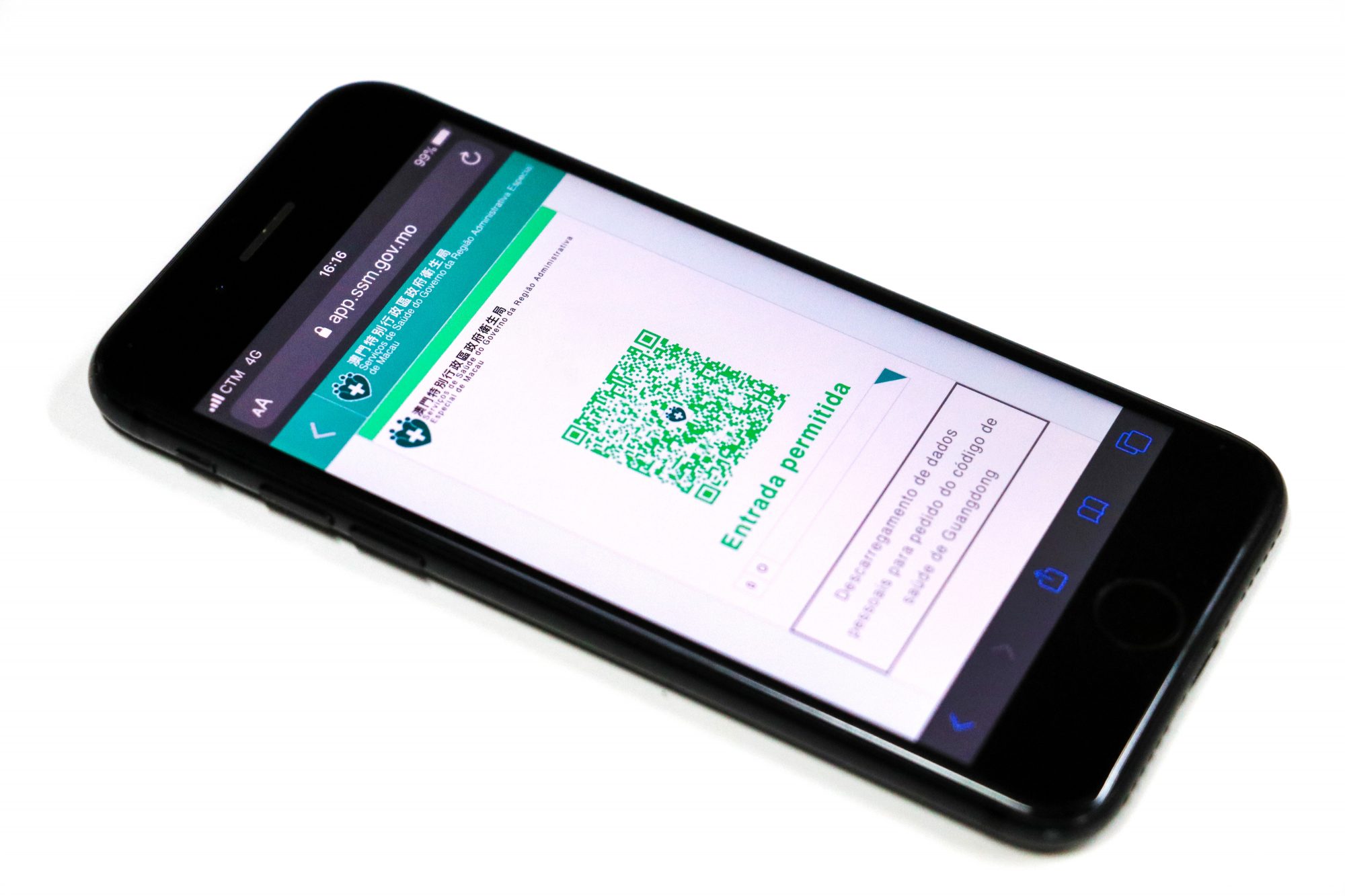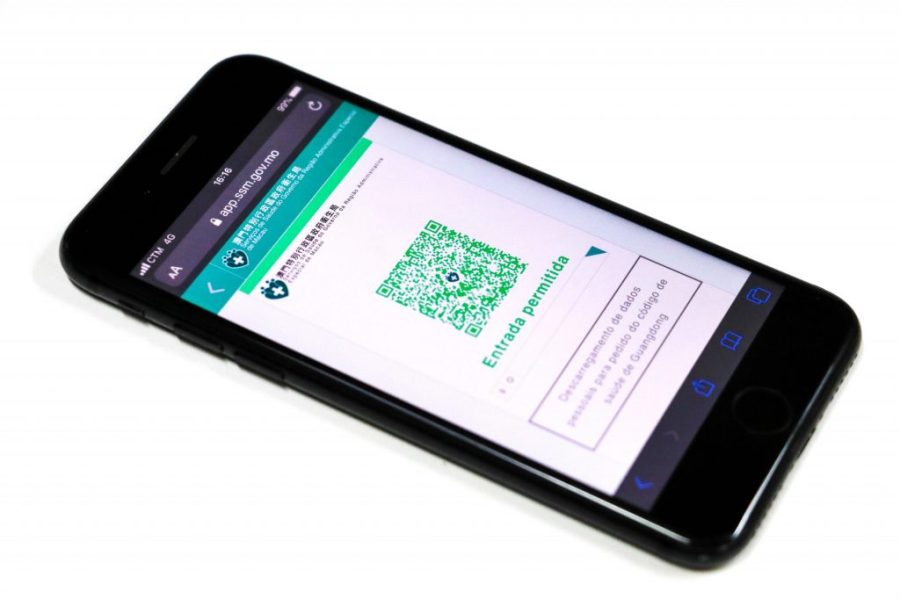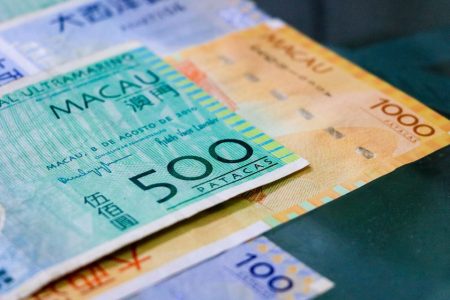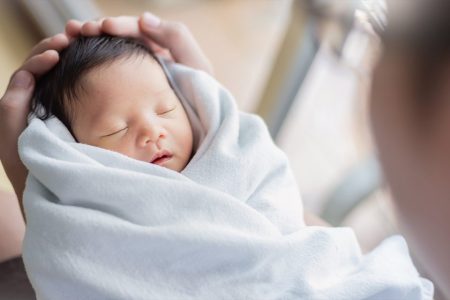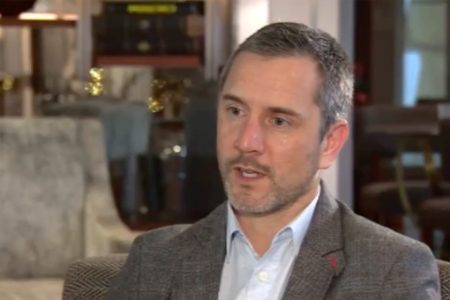Secretary for Social Affairs and Culture Elsie Ao Ieong U said during Wednesday’s Q&A session that the Macao government has been discussing with the central government the possible recognition of the Macao Health Code by all provinces, autonomous regions and municipalities.
The Macao Health Code and the Guangdong Health Code have been mutually recognised since May so that those travelling between Macao and Guangdong can switch their nucleic acid test (NAT) certificate between the two health code systems. As the Macao Health Code and the health codes of all the other provinces, autonomous regions and municipalities in the mainland are not currently mutually recognised, those travelling from Macao to any of those areas, and vice versa, have to present a paper NAT certificate when passing through immigration.
Ao Ieong said that local health officials including Health Bureau (SSM) Director Lei Chin Ion had visited Beijing where they met their counterparts from the central government to discuss the possible mutual recognition of the Macao Health Code and the health codes of more provinces, autonomous regions and municipalities in the mainland. She said the local health officials realised after the meetings in Beijing that the mainland’s health code system is complicated as every province, autonomous region and municipality has its own health code system, adding that therefore there were “no conditions” for the mutual recognition of the Macao Health Code and the health codes of provinces, autonomous regions and municipalities other than Guangdong.
Ao Ieong also said that therefore the local government now aimed for all the other provinces, autonomous regions and municipalities to directly recognise the Macao Health Code. “This is the simplest solution,” she said, adding that the local government has been discussing the matter with the respective entities of the central government.
‘Do much and early’
Meanwhile, during Wednesday’s plenary session, Lei underlined the need for all authorities to roll out strict Covid-19 prevention and control measures in anticipation of possible risks. Lei noted that the spread of infectious diseases is always unpredictable, adding that therefore the later one particular government rolls out measures to bring the spread of an infectious disease under control, the faster the pace of the spread and the more serious the consequences.
Lei said that the fact that the Covid-19 epidemic has deteriorated in a “neighbouring region” was due to the fact that the official Covid-19 prevention and control work there had been rolled out too late. He did not name the “neighbouring region”.
Hong Kong is currently facing a new wave of local Covid-19 infections.
Lei said he didn’t want to see Covid-19 clusters such as “dancing clusters” and “mahjong clusters” spreading in Macao, and that’s why his bureau preferred “doing much and early” in its Covid-19 prevention and control work.
Covid-19 outbreak “clusters” have been reported in dance studios and so-called mahjong schools in Hong Kong.
(The Macau Post Daily/Macao News)
Photo by Macau Photo Agency
